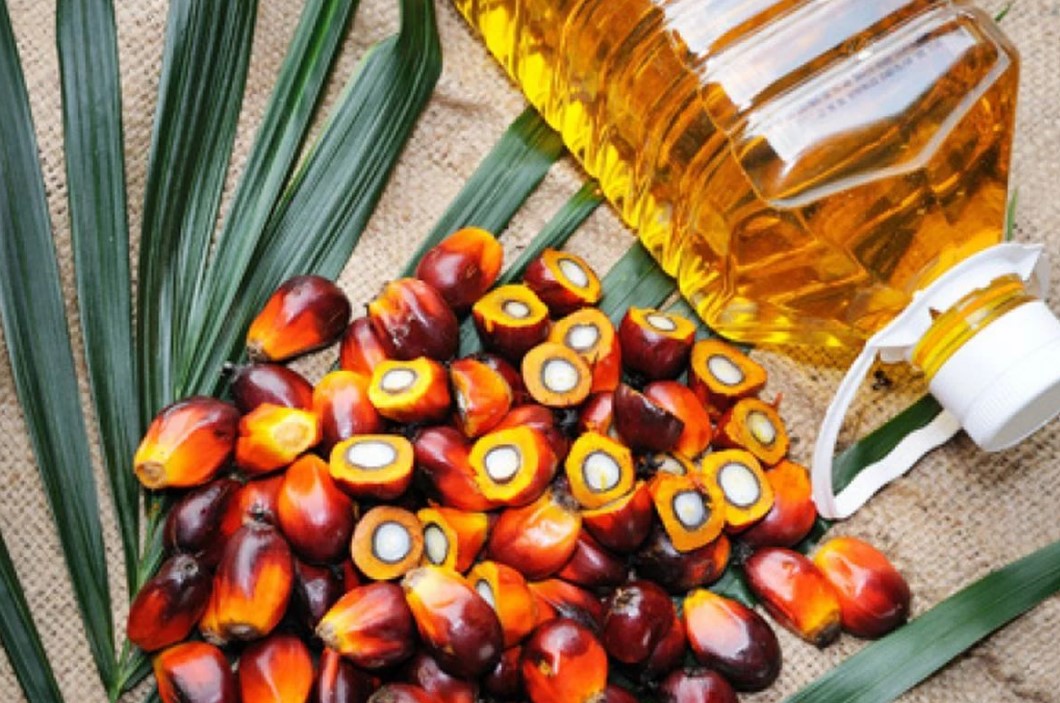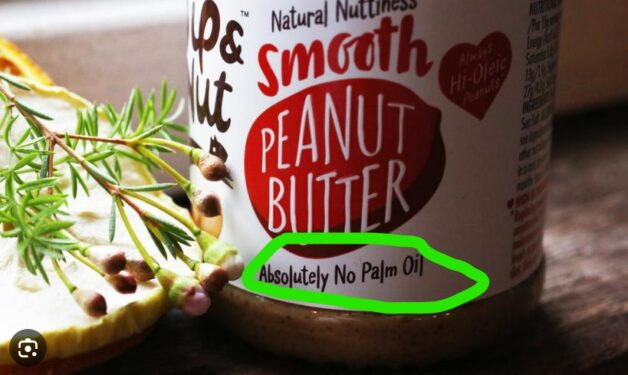
OLD narratives can take a long time to die. This is especially true in the field of health and nutrition.
Here, science moves at an astonishing rate, uncovering new evidence and data, often overturning outdated thinking. But “homespun wisdom” is as stubborn as it is unscientific – and it sadly continues to muddy the waters of debate.
A recent article speaking about the dangers of palm oil follows the old trope that remains pervasive despite being disproven by evidence.
Opponents cite high cholesterol levels as a potential concern even as abundant research shows conclusively that palmitic acid has no meaningful impact on cholesterol.
Dr Elena Fattore and Dr Roberto Fanelli of the Mario Negri Institute for Pharmacological Research in Milan concluded after an extensive review that its effect on the HDL/LDL cholesterol ratio is neutral.
Palm oil is also not “high in saturated fats” but rather it is balanced at 50/50 saturated and unsaturated fats. Its primary replacements which are semi-solid fats are substantially higher.
Butter, cocoa butter and coconut oil range from 60% to 90% saturated, making them far less balanced than their palm oil alternative. They are also significantly more expensive which is an important factor in a world of high inflation and tight family budgets.

Palm oil is trans-fat-free
The important data point of trans fats which holds great importance to the issue of public health requires a serious analysis and debate.
The story of trans fats is a cautionary tale. When the “palm oil is dangerous” fad was really popular – back in the 1980s and 1990s – companies replaced palm oil not with butter or coconut oil but with partially-hydrogenated softer oils (PHOs).
This is the process of adding hydrogen to harden the liquid oils, hence making them suitable for food processing.
We now know that the process causes trans fats which are regarded by many as the most harmful – far more so than saturates.
That’s why every major economy now either bans trans fats or has very strict limits on their consumption. Palm oil is one of the natural replacements for those trans fats which is why their popularity is rising across the globe. Bottom line: replacing trans fats is recognised globally as a beneficial outcome.

Campaigns against palm oil in the past which were based on hearsay rather than science have led to consumers moving from trans-fat-free products like palm oil to products stuffed with trans fats (PHOs).
Some experts believe this significantly increases the risk of cancer and other negative outcomes. The lesson here is clear: anti-palm oil campaigns are not harmless. Encouraging consumers to boycott or switch against the science can have serious negative repercussions.
What is undeniably true is the call for a balanced diet and eating in moderation. From a clinical perspective, this is the right approach.
Calling for bans or restrictions on healthy products is not helpful. We need a balanced diet, yes – but we need balanced public discussion, as well.
Dr Jonathan Ellen is the CEO of Labrador Health. He is the former physician-in-chief and CEO of Johns Hopkins All Children’s Hospital.
The views expressed are solely of the author and do not necessarily reflect those of MMKtT.
- Focus Malaysia


No comments:
Post a Comment
Note: Only a member of this blog may post a comment.